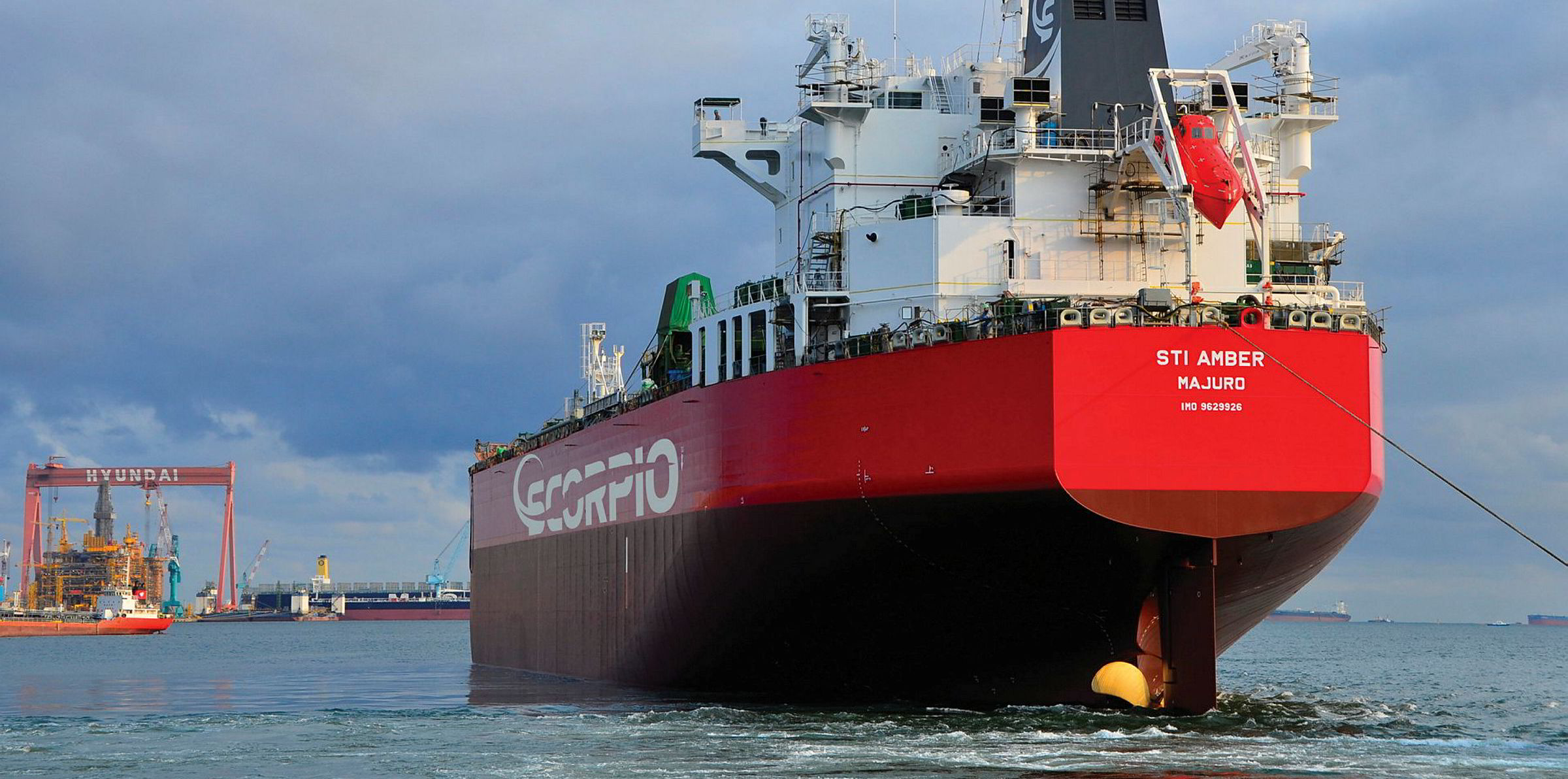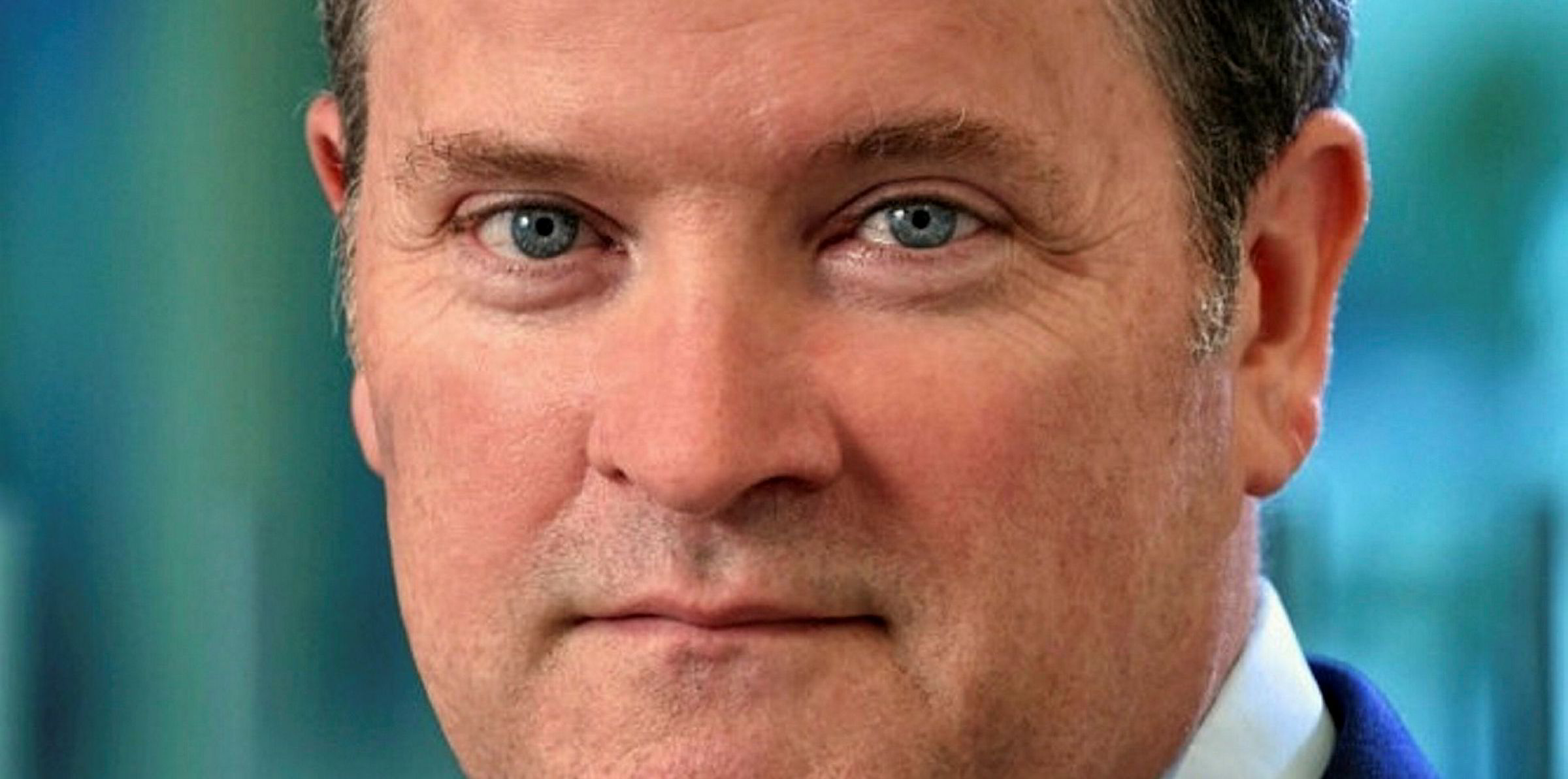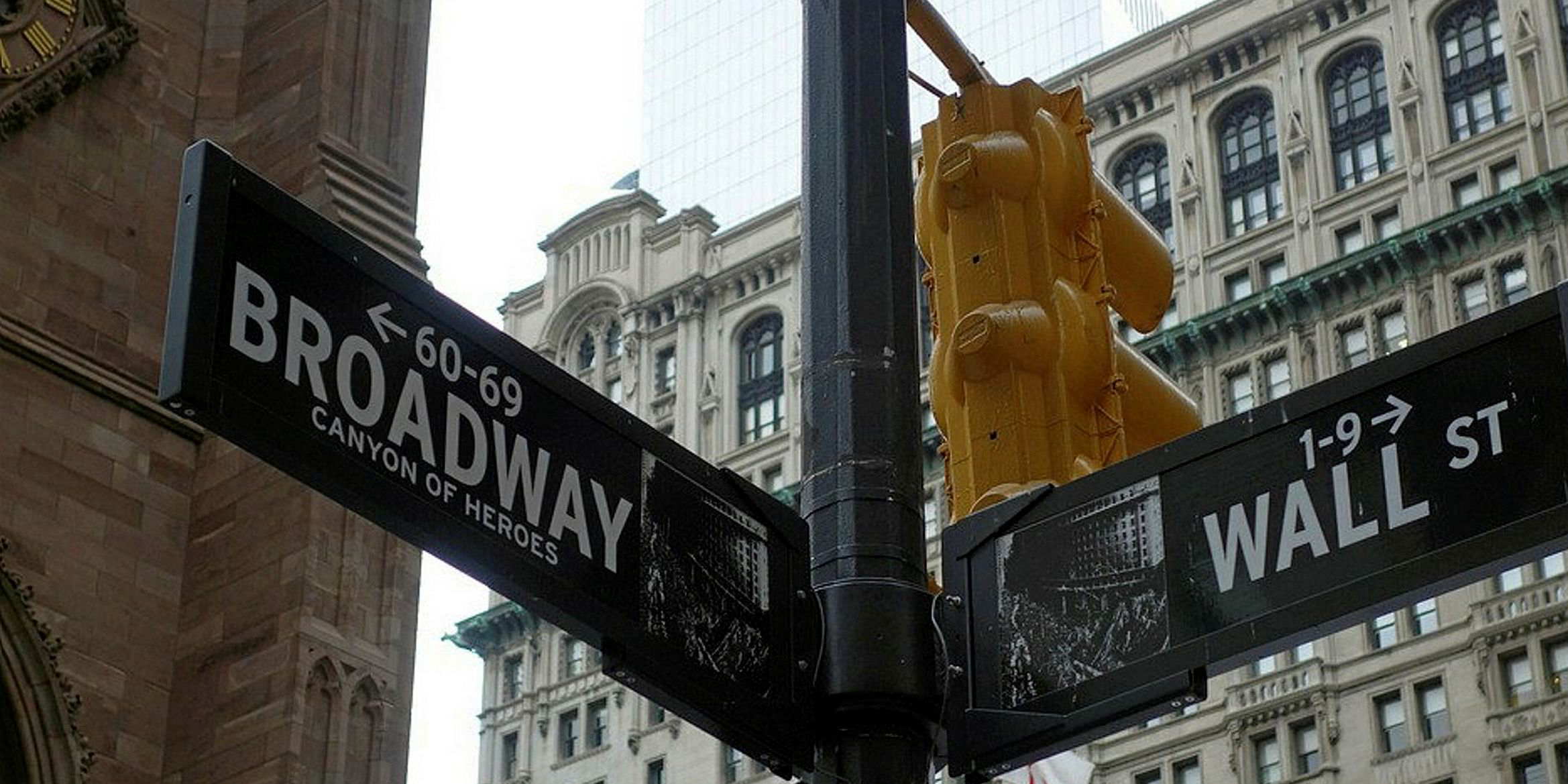Norway's Fearnley Securities has sounded a stark warning about product tanker prospects in a "dysfunctional" market.
It has cut all six shipowners it covers in the sector to "hold" from "buy" as the coronavirus pandemic threatens to lay waste to demand. These include Scorpio Tankers, Ardmore Shipping, Hafnia and Diamond S Shipping.
"Fear of major demand destruction in the important gasoline and jet fuel markets makes us take a step back," analysts Espen Landmark Fjermestad, Peder Nicolai Jarlsby and Ulrik Mannhart said in a note on Monday.
They said there was "simply [a] lack of conviction for [the] next six months."
Rates for product carriers haves firmed alongside the crude market in recent days, with modern MRs earning in the mid to high $20,000s per day.
LR1s are achieving $10,000 more than this.
Fearnley is leaving 2020 rate projections unchanged at $32,000, $27,000 and $22,000 for LR2s, LR1s and MRs, respectively.
'Handsomely rewarded'
It said: "Should the sector thus weather the storm, investors could be handsomely rewarded in the coming quarters."
But in the short term, the analysts said: "We fear that the product market will feel the impact of a dysfunctional oil market quicker and harder than the crude side.
"Gasoline and jet fuel are the sectors presently seeing the largest demand losses due to the Covid-19 outbreak, combined constituting circa one-third of the seaborne product market."
Last week, several refiners signalled that runs will be cut dramatically in the coming months as margins have come under pressure despite the access to heavily discounted crude.
Fearnley believes floating storage and a gradual switch from clean cargoes to dirty ones "could be a real saviour" in the short term, but "in our view it would likely be a weaker phenomenon than on the crude side".
The analysts argue that the IMO 2020 implementation has had a limited impact on the product trade so far, mainly due to high consumption of low-sulphur fuel oil blends.
"With the potential for considerably weaker markets in the coming months, we are taking a step back and putting our product names under a 'hold' recommendation," it said.
Economic data suggests oil demand will be down between 7m barrels per day (bpd) and 15m bpd in the second quarter, which Fearnley called a "crazy" figure.
Global air traffic has more than halved since the outbreak began.





